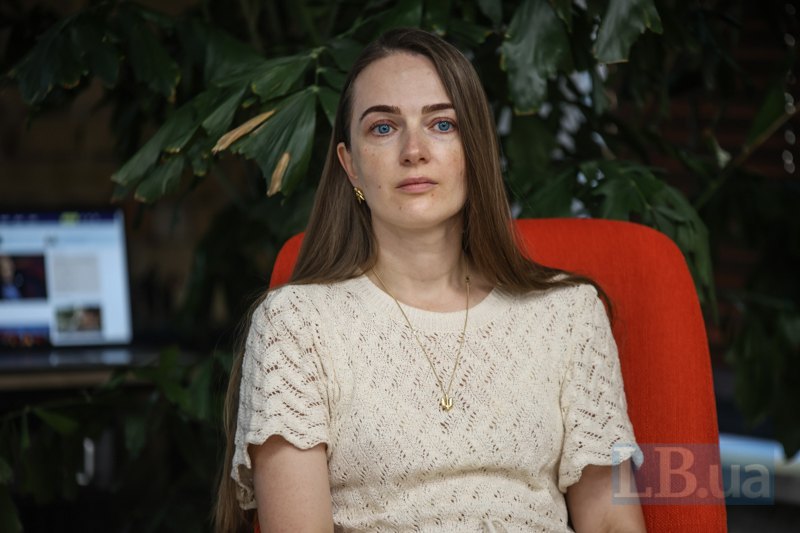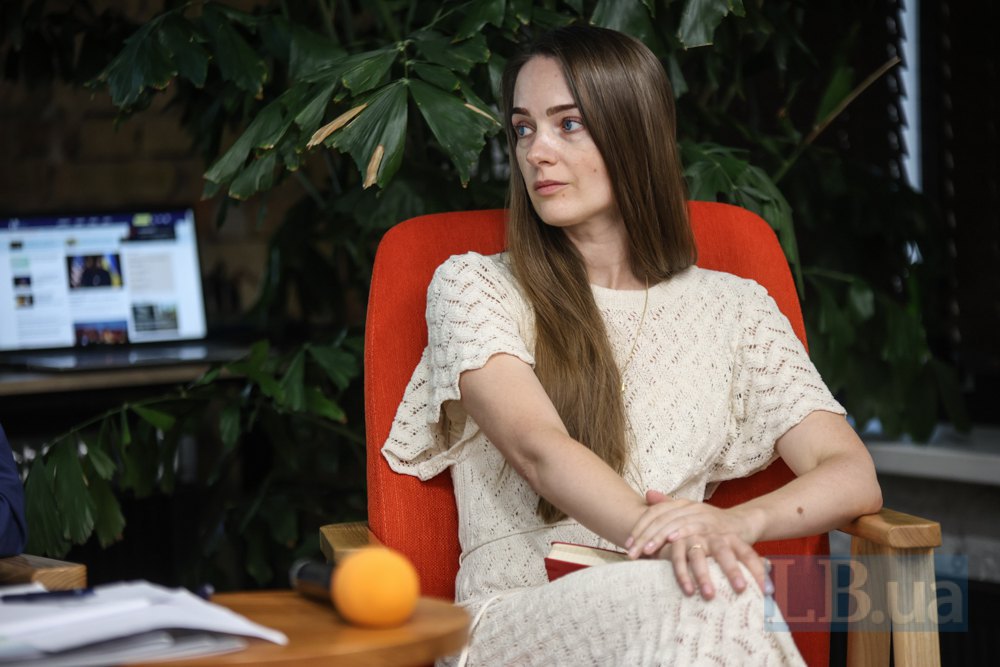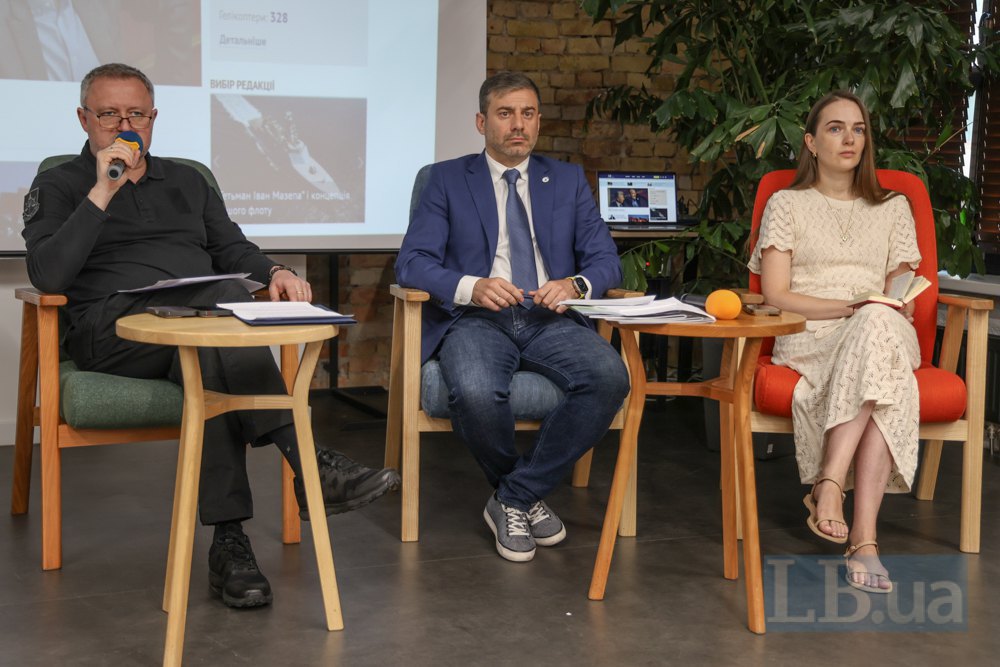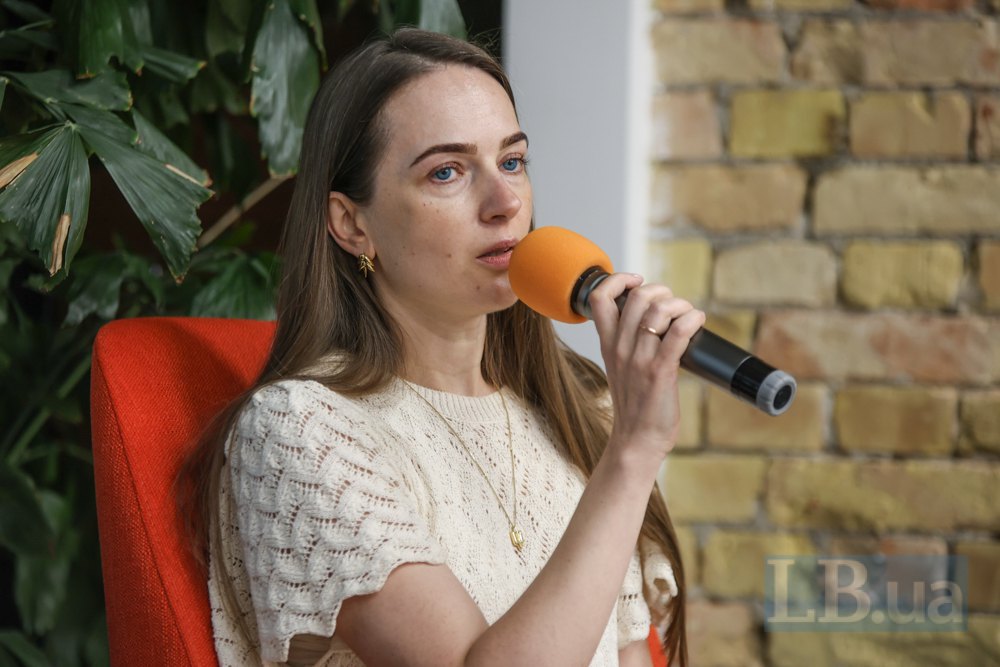
Therefore, the ratification of the Rome Statute is an event of historic proportions. It shows that the Ukrainian state accepts as an axiom that mass violence is not tolerated. And if the state commits it, encourages it, or fails to fulfil its obligations to investigate it, there will be an international court," the human rights activist said.
She also stressed that until a special tribunal for the crime of aggression is established, the International Criminal Court is the only opportunity for us to overcome the immunities of Putin and other members of the Trio (Russian President Vladimir Putin, Prime Minister Mikhail Mishustin and Foreign Minister Sergei Lavrov - Ed.), which they have under international law, and bring them to justice.
"Moreover, this is an opportunity not to repeat the situation in Minsk, where (who remembers the content of those agreements) there was an abstract clause on the release from liability of persons associated with the events committed in certain areas of Donetsk and Luhansk Regions. Anything could have been drawn under this. No matter who sits Ukraine at the negotiating table, no matter what is ever written down, the International Criminal Court will not stop the investigation it has already started against President Putin and the other six defendants in the arrest warrants that have been issued. And this is very important to remember," Matviychuk said.
In addition, the human rights activist added, the International Criminal Court should respond to Putin's visit to Mongolia. And before the G20 meeting in Brazil, it is worth setting a precedent that the country will be punished for violating its obligations to the court."We need to work with our diplomats and delicately remind, for example, the European Union that it has a partnership and associated increment with Mongolia, and there is a human rights clause, and the obligations of the International Criminal Court are also there. And perhaps if Mongolia demonstrates such a clear violation of its obligations, the European Union countries will decide to suspend certain programmes of material and technical assistance to Mongolia? So we need to act. We need to show that we will respond to such violations," the human rights activist said.
At the same time, she believes that there is no need to activate Article 124 of the Rome Statute (according to this article, the ICC's jurisdiction does not apply to citizens of a state that ratifies the Rome Statute for seven years - Ed), which Ukraine has requested, in order to protect its military from possible criminal prosecution.
"I understand these forced compromises, but I hope that it (the Article - Ed.) will be lifted. Because Article 124 allows for the removal of this deferral. And France, by the way, has done so, unlike Colombia.
The International Criminal Court is not the post office. It conducts an independent investigation. The International Criminal Court is not even the European Court of Human Rights. It is not obliged to consider complaints from individuals and hear them in court proceedings. It determines what to pay attention to. And it has already been said that the circle of suspects will be very limited. That's why it definitely cannot even theoretically be a matter of ordinary Ukrainian military personnel, because the International Criminal Court is interested in big fish," Matviychuk reminded, adding that the ICC issues arrest warrants for ministers, presidents, army commanders, but not ordinary military personnel.

"This is actually a situation that the International Criminal Court has not faced in practice. Because it is one thing to have such a reservation when the International Criminal Court does not conduct an investigation, as was the case in France, for example. And another question is when the International Criminal Court conducts such an investigation, in particular, in the occupied territories. And as a lawyer, I wonder how it will unwind the chain of orders that leads to Moscow and President Putin's administration from officials of the occupation administration who have Ukrainian citizenship.
All of us in the human rights community are waiting for some public assessment of the International Criminal Court. Perhaps they will appear in some time," the human rights activist suggested.
She also noted the need to regulate national legislation, ‘so that national investigative bodies and national courts, which will investigate 98 per cent of all atrocities committed by Russians in Ukraine, have the proper legal tools to do so’.
"The law that was submitted together with the ratification law amending the Criminal Code, unfortunately, only partially fulfils this task. It finally introduces crimes against humanity into the Criminal Code, but does nothing about war crimes. It simply renames this article and does not solve the huge number of problems that have arisen in practice over these 10 years. That is why we hope, and I say this from the human rights community, that the legislative initiative will not stop there and that comprehensive changes will be made to the Criminal Code, because the International Criminal Court is not the only one," Oleksandra Matviychuk stressed.

Like the rest of the panelists, she noted the inertia of international law in the face of Russian aggression. And, in her opinion, it is due to the fact that ‘the entire international architecture was created in the last century by the victorious states in the Second World War’.
"And these victorious states now have unjustified indulgences and preferences for themselves. Like, for example, the veto power that the Russian Federation enjoys in the UN Security Council, which has completely paralysed the entire system. Because this is the very body that was supposed to prevent and respond to violations of the charter in the context of the crime of aggression.
But history also teaches that if the law does not work, it is still temporary. Even world wars end and law and order is restored. That is why I agree with Andriy Kostin's thesis that we must be prepared for these windows of opportunity and do everything in our power so that when this window of opportunity opens, we can quickly take advantage of it," Matviychuk said.
She reminded us that the war has not only a military dimension, but also an economic, value, trade, information, etc.
"Russia is already saying that there were performances in Bucha, that there were not corpses of people, but actors. If we are under the illusion that everything is obvious to everyone, we will lose. I will say more: it is not obvious now even for countries that should understand everything because of their history, but they are at a distance, and under Russian influence. The communicative memory of the experience lives on for three generations, and then only what has been documented or processed and presented as meanings remains," the human rights activist added.

The search for justice is ‘not just about the past or the future, it's about influencing strategic changes today’.
"I remember when the first arrest warrant was issued, I listened to Margarita Simonyan with great pleasure. She was hysterical on Russian television, talking to Russian generals. They told her that maybe we should somehow change the tactics of warfare, because we would be next. And she was aggressive, saying how they could think and be afraid of the International Criminal Court, because they should only be afraid of losing this war.
This is an influence. This is an influence called the cooling effect on the brutality of violations. And this means that if Ukraine takes all the necessary steps to launch legal mechanisms right now, without waiting, we can save thousands, thousands and thousands of human lives," concluded Oleksandra Matviychuk.








